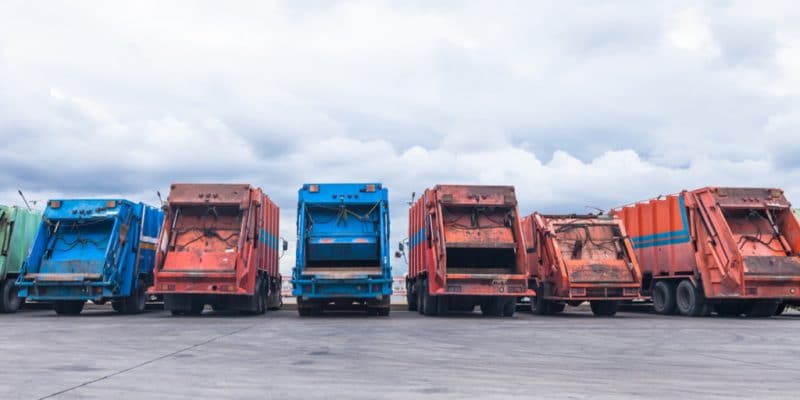Over 40 trucks have recently been made available to the city of Lagos to improve waste collection. The equipment was provided by the Association of Waste Managers of Nigeria (AWAMN).
The city of Lagos has new equipment for waste collection. These are 40 trucks made available to the cleaning services of the economic capital of Nigeria by the Association of Waste Managers of Nigeria (AWAMN). The new trucks will be put directly into service to improve waste collection in the large city of Lagos which has a population of over 21 million, i.e. the equivalent of the population of Cameroon.
“With the 40 new trucks that have been strategically distributed to operators and landfill sites, the task of waste collection and disposal will now be quickly completed,” says Taiye Kolade, Secretary General of Private Sector Participation (PSP) and AWAMN member. The waste collected with the new equipment is taken to landfill sites.
The challenge of waste management in Lagos
Lagos, the economic capital of Nigeria is a growing economic hub. The population growth is driven by the exodus of people from the hinterland. According to the World Bank, each inhabitant of Lagos produces an average of 1.2 kg of waste per day. The daily production is well over 13,000 tons. A situation which makes waste management a permanent challenge for the authorities of this port city.
For the time being, Lagos does not have a structured waste recovery system. Those collected from households and the 2,000 industrial complexes, 15,000 commercial enterprises of the city are sent to landfill sites. However, these waste storage sites pose serious health problems for the population. The expansion of landfills is degrading the environment around this coastal city.
Waste recovery is already beginning to interest start-ups. For example, Wecyclers collects waste from households in return for a reward. In practical terms, for one kilogram of recyclable waste, families receive “Wecyclers” points. They can then use these points to buy call minutes or consumer goods.
The young company’s approach convinced the multinational Nestlé to sign a partnership with Wecyclers. The agreement provides for the opening of waste collection points in Ajah, Ikeja, Mushin, Lagos (island) and Magodo. The waste collected will be recycled.
Jean Marie Takouleu







